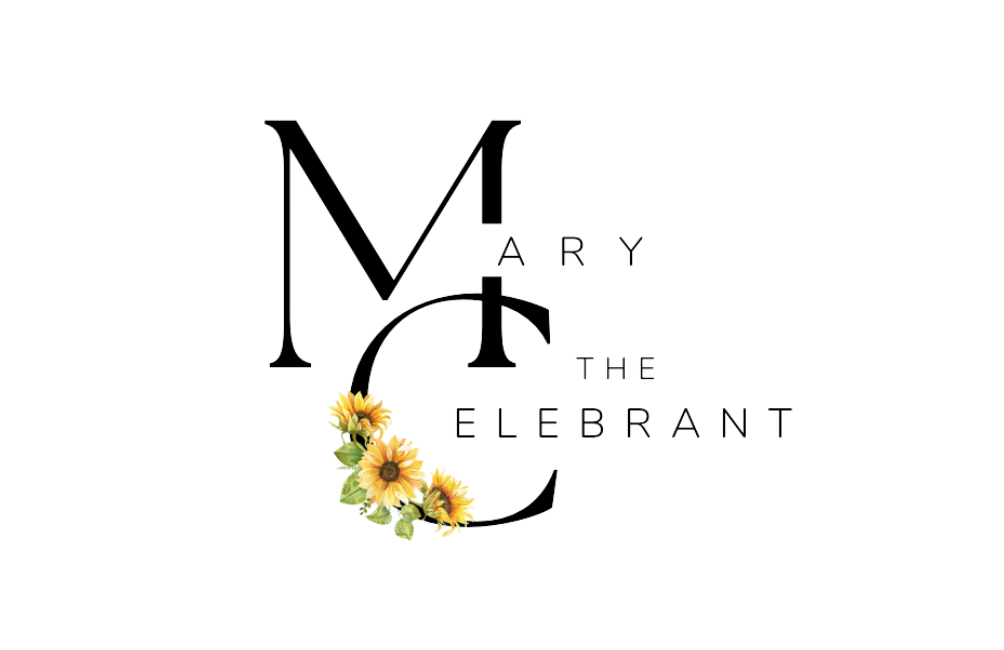What is a Celebrant?
When we think of a wedding or a funeral, we often picture a person dressed in formal attire, leading the ceremony and performing various rituals. This person is typically referred to as a celebrant. But what exactly is a celebrant, and what do they do? In this blog, we'll explore the world of celebrants and shed light on their important role in various life events.
A celebrant is a person who leads a ceremony or ritual, such as a wedding, funeral, or naming ceremony. They are typically trained professionals who specialize in creating meaningful and personalized ceremonies that reflect the beliefs and values of the people involved.
One of the key features of a celebrant-led ceremony is that it is not tied to any specific religious or cultural tradition. While many celebrants may have a background in religion or spirituality, their ceremonies are designed to be inclusive and accommodating to people of all backgrounds and beliefs.
So, what exactly does a celebrant do? Let's take a closer look at some of the key tasks and responsibilities of a celebrant:
Creating a customized ceremony: The first and most important task of a celebrant is to work with the people involved to create a ceremony that is meaningful and reflective of their values and beliefs. This involves getting to know the people involved, understanding their wishes and preferences, and crafting a ceremony that is uniquely tailored to them.
Officiating the ceremony: Once the ceremony has been planned and prepared, the celebrant takes on the role of officiant, leading the ceremony and performing any necessary rituals or readings.
Providing support and guidance: In addition to leading the ceremony itself, celebrants often provide support and guidance to the people involved in the lead-up to the event. This may involve helping to write vows or speeches, offering advice on ceremony logistics, and providing emotional support and reassurance.
Ensuring legal compliance: In the case of weddings and civil partnerships, celebrants are responsible for ensuring that the ceremony is legally compliant and that all necessary paperwork is completed and submitted.
So, why choose a celebrant for your ceremony? There are many reasons why people may opt for a celebrant-led ceremony, including:
Flexibility and customization: Celebrant-led ceremonies can be tailored to suit the preferences and beliefs of the people involved, offering greater flexibility and customization than traditional religious ceremonies.
Inclusivity: Celebrant-led ceremonies are designed to be inclusive and accommodating to people of all backgrounds and beliefs, making them a great option for people who want to honor their heritage or culture without feeling limited by traditional religious or cultural norms.
Personalization: With a celebrant-led ceremony, you have the opportunity to create a truly unique and personalized event that reflects your values, beliefs, and personality.
Modernity: As society becomes more secular and diverse, many people are looking for alternative ways to mark important life events. Celebrant-led ceremonies offer a modern and flexible alternative to traditional religious or cultural ceremonies.
In conclusion, a celebrant is a trained professional who leads personalized and inclusive ceremonies for a range of life events. Whether you're planning a wedding, a funeral, or a naming ceremony, a celebrant can help you create a meaningful and memorable event that reflects your beliefs, values, and personality.
